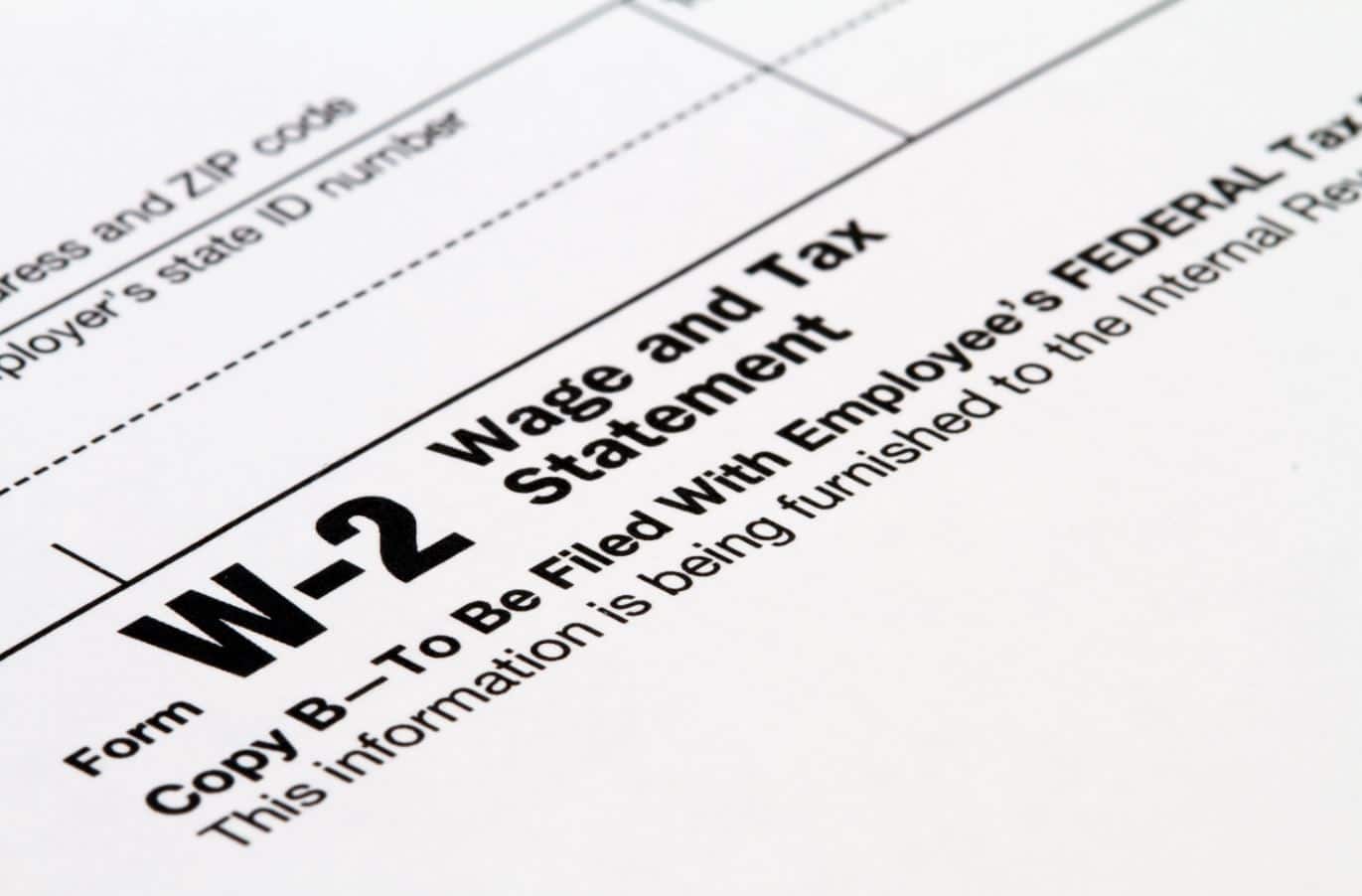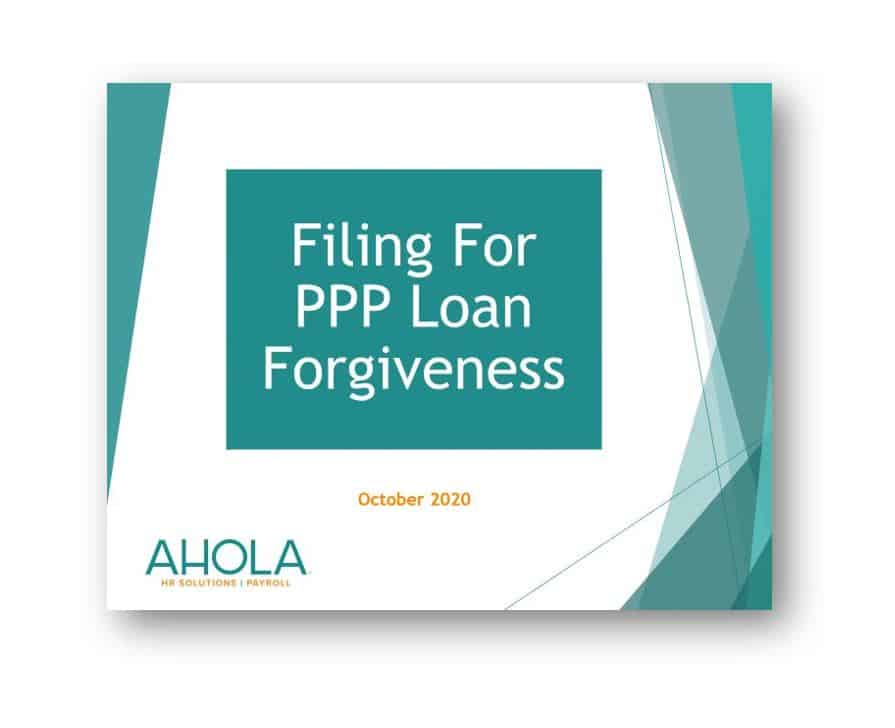FAQ: Exempt Employee Deductions
Small business owners and leaders often have questions about exempt and non-exempt employee deductions. Read one of these frequently asked questions below.
When can we deduct from an exempt employee's pay?
In general, if an exempt employee performs any work during the workweek, you must pay them their full salary amount. Deductions are allowed, however, for legally required withholding and benefit elections.
There are a handful of other situations in which a deduction from an exempt employee's salary would be permissible under federal law:
- For any workweek in which the employee performs absolutely no work
- In the initial or final week of employment based on the number of hours actually worked
- For absences of one or more full days for personal reasons other than sickness or disability
- For absences of one or more full days due to sickness or disability, if the deduction is made in accordance with a bona fide paid sick leave plan (the Department of Labor has previously found that a plan that offered at least 5 paid days off for sickness qualified as bona fide)
- To offset amounts the employee receives from jury or witness fees or for military pay
- For penalties imposed in good faith for infractions of safety rules of major significance, in accordance with a clearly established workplace policy
- For unpaid disciplinary suspensions of one or more full days imposed in good faith for workplace conduct rule infractions
- For leave taken under the Family and Medical Leave Act
If none of these situations apply, an exempt employee must receive the full salary for any week in which they perform any work, regardless of the number of days or hours worked. In addition, some states do not allow all of these deductions.
Looking for more HR help and guidance? Work with a certified HR Consultant.







Reply a Comment